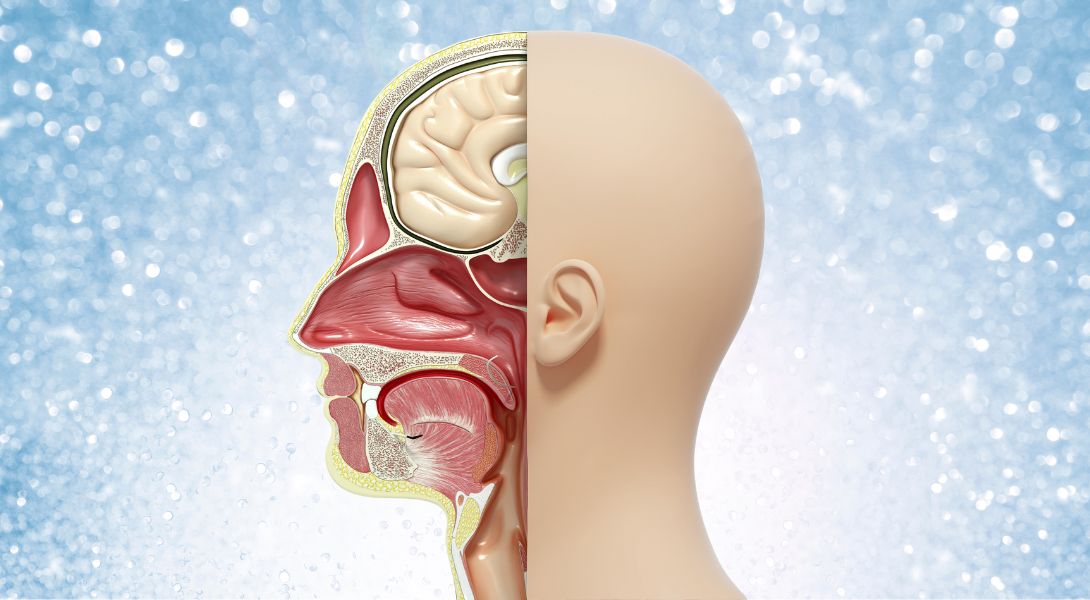The Impact of Hearing Loss on Brain Health: What You Need to Know
Hearing loss often occurs gradually, with subtle signs like needing to increase the TV volume or struggling to hear loved ones. Astonishingly, even after diagnosis, people usually wait an average of 10 years before seeking hearing aids that can significantly improve their auditory experience.
However, delaying treatment of a hearing impairment can lead to a phenomenon known as auditory deprivation. Over time, this can result in the brain’s hearing-related areas shrinking or atrophying due to a lack of stimulation. Yes, you read that correctly: Untreated hearing loss can lead to brain shrinkage.
Understanding Auditory Deprivation
Auditory deprivation occurs when the brain is starved of sound, typically due to untreated hearing loss. Over time, the brain loses its ability to process sound, and the areas responsible for hearing may be reassigned to other tasks, often shrinking or atrophying in the process. Auditory deprivation can affect anyone with hearing loss, not just those with severe cases.
Hearing: A Brain Activity
Hearing is a complex process involving both the ears and the brain. While the ears transmit sound as electrical impulses via the auditory nerve, it’s in the brain that these electrical signals are interpreted into the sounds we recognize. When fewer sounds reach the brain, it responds by altering its functioning. Even minor hearing loss can cause the parts of the brain responsible for auditory processing to switch to visual processing, as observed in a 2014 study. This alteration can lead to challenges in processing sounds even after obtaining hearing aids, a phenomenon known as “use it or lose it.”
Use It or Lose It: Hearing Loss and Brain Function
When discussing hearing, one phrase repeatedly emerges: “Use it or lose it.” The longer individuals delay seeking treatment for hearing loss, the more their brains struggle to understand and process information. That is, they may “hear” sounds but find it challenging to comprehend the actual words being used, causing some to feel like they’re experiencing cognitive decline when it’s actually a result of hearing loss.
Is Auditory Deprivation Permanent?
It remains unclear whether the cerebral atrophy resulting from auditory deprivation is permanent, as this can vary from person to person. Nonetheless, the brain is incredibly adaptable and can establish new connections once stimulated. A small study even suggests that consistent use of hearing aids may reverse some of the negative changes in the brain. Brain shrinkage may slow or cease, allowing the brain to regain some of its ability to pick up on sound signals.
Causes of Auditory Deprivation
Auditory deprivation can occur when people avoid treatment for their hearing loss, such as leaving hearing aids in their case rather than wearing them. This typically happens when individuals have a diagnosed hearing loss and fail to seek treatment, leading to a weakening of the connection between the ears and the brain.
Another common cause is wearing a hearing aid in only one ear when both ears have hearing loss. Even if concerns about visibility or comfort drive the decision to wear one hearing aid, it can lead to an imbalance in hearing capabilities.
The Importance of Two Hearing Aids
Wearing two hearing aids is crucial, even if the cost or visibility of hearing aids is a concern. Using only one hearing aid when both ears have hearing loss can lead to an imbalance in hearing capabilities.
Preventing Auditory Deprivation
The best way to prevent auditory deprivation is to be proactive about your hearing health. Regular hearing screenings are vital, especially for those over 50. Addressing hearing loss early can help maintain cognitive function and overall well-being.
The Brain-Hearing Connection
Research shows that hearing loss may lead to a faster rate of brain atrophy, contributing to social isolation and safety risks. Hearing plays a crucial role in balance, and hearing loss can make your brain work harder to process sound, interfering with the multitasking needed for safe movement. While many factors can cause hearing loss, trouble detecting soft or high-pitched sounds is often the first sign, along with ringing in the ears (tinnitus).
Don’t Let Myths Hold You Back
There are several myths about hearing aids that may discourage individuals from seeking help. However, wearing hearing aids doesn’t equate to old age; in fact, today’s devices are smaller and less conspicuous than ever. Hearing aids may require adjustment and patience as the brain adapts to sound restoration. Auditory rehabilitation and auditory training can also help improve receptive communication skills.
Preventing Auditory Deprivation Before It Starts
To avoid auditory deprivation, be proactive about your hearing health. Regular hearing screenings are vital, especially for those over 50. Addressing hearing loss early can help maintain cognitive function and overall well-being.
Hearing health is an integral part of our overall health, and it’s essential to prioritize it. If you suspect hearing loss in yourself or a loved one, contact us for a free hearing test plus a free 2-week, no-obligation trial of hearing aids tailored to your needs. Hearing health is worth the investment, and it can have a profound impact on your brain health and overall quality of life.

